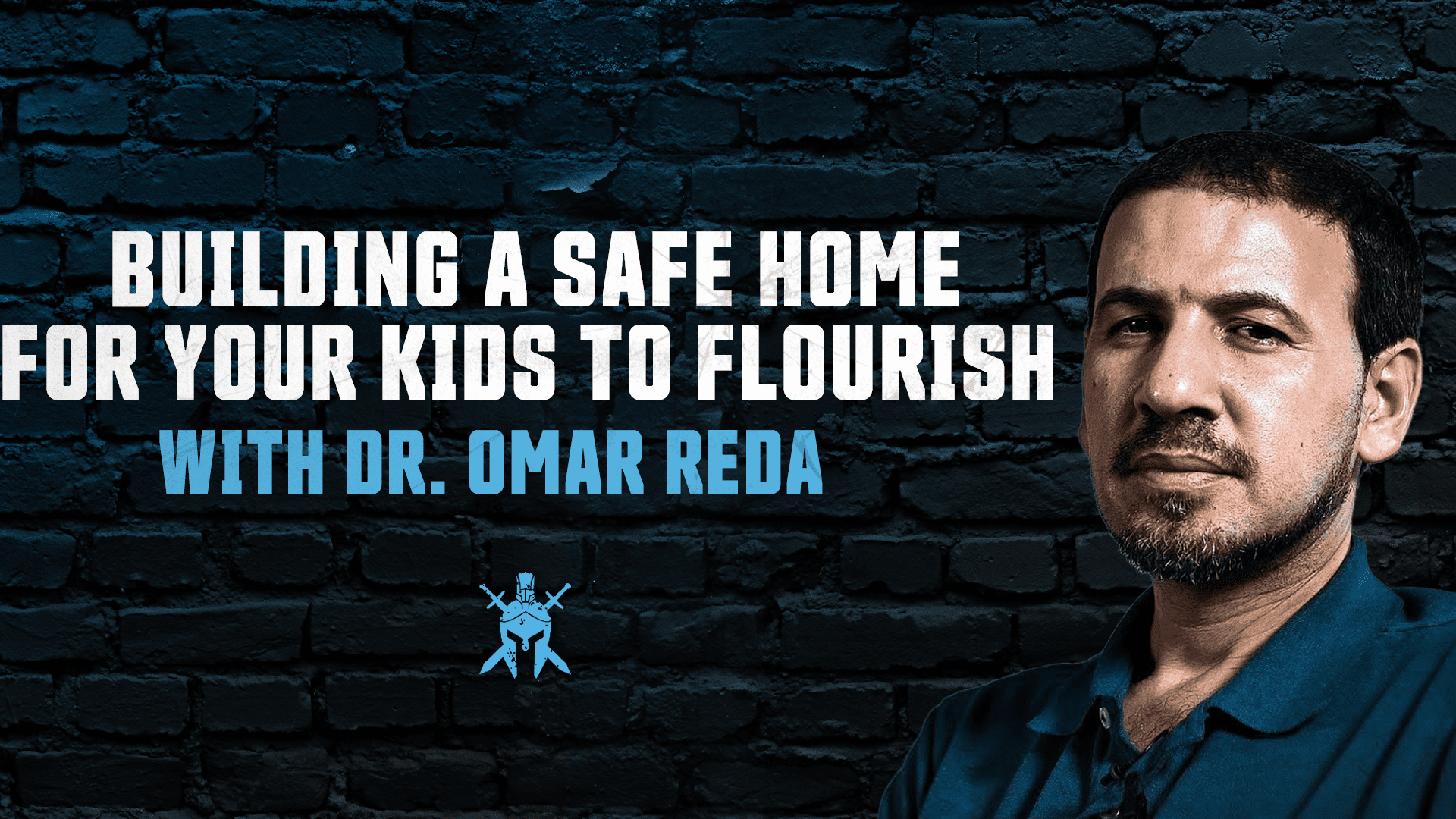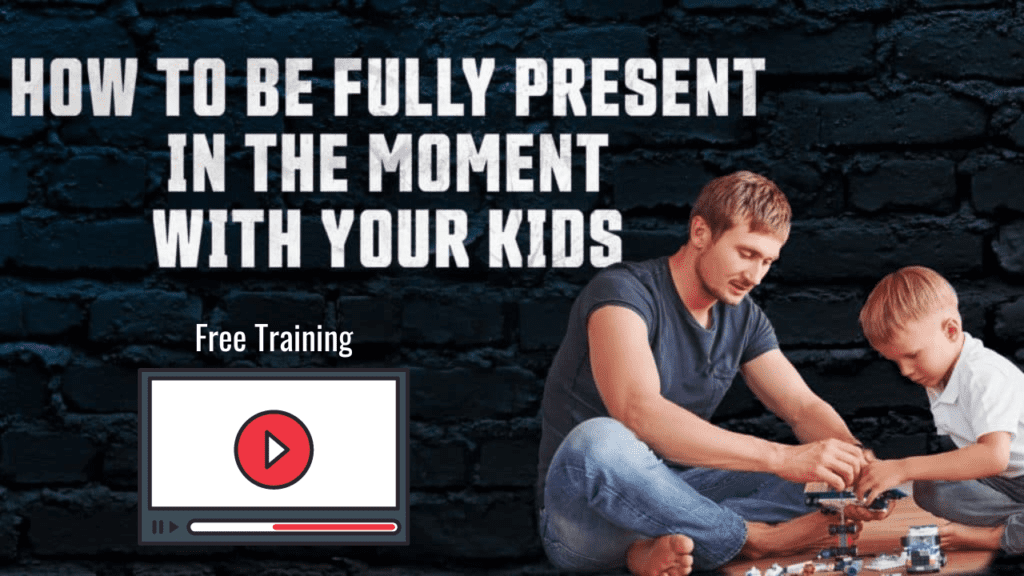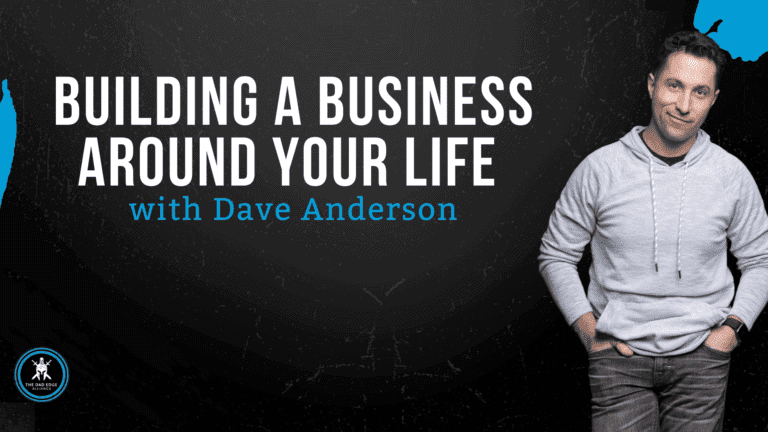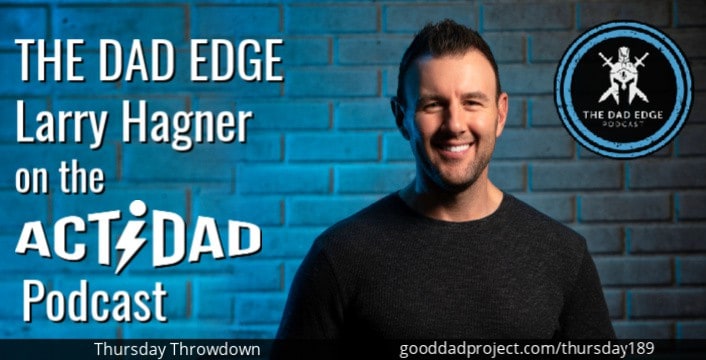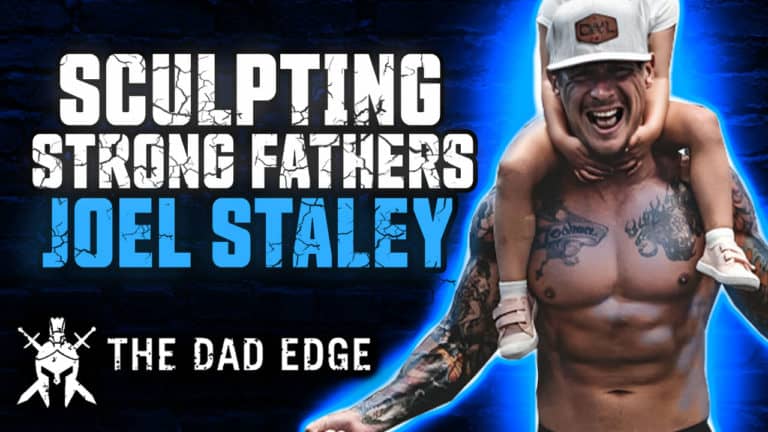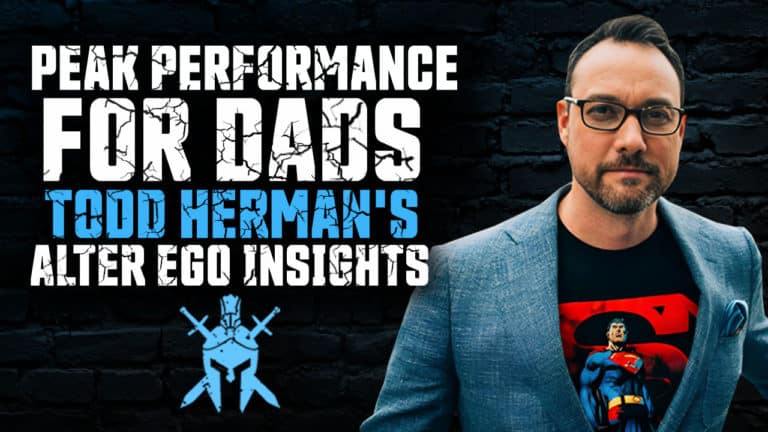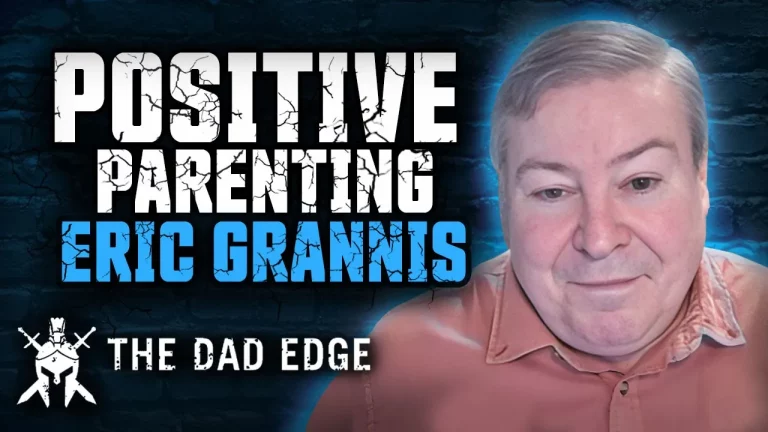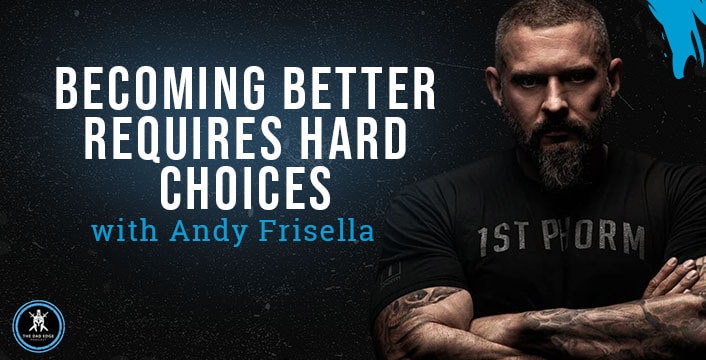Building a Safe Home for Your Kids to Flourish with Dr. Omar Reda
On this show my guest goes over:
- How we can build a safe place in our homes for our kids to be their most authentic selves
- How we can build a toolkit on how to deal with our own wounds
- How we can be authentic, calm, humble.
- Don’t fix our kids’ problems and be flexible in the moment.
Dr. Omar Reda is a board-certified psychiatrist, a Harvard-trained trauma expert, and a passionate family advocate. He is the author of several books and a highly sought-after dynamic public speaker.
Dr. Reda is a leading expert in Psychotraumatology and Trauma-Informed Care as well as the mental health of Muslims, immigrants and refugees, the Libyan revolution, and the Arab Spring. Dr. Reda’s passion for healing focuses on tackling the family dysfunction and youth vulnerability resulting from trauma.
What You’ll Learn
04:29 Life lesson that he gives to his daughters
06:27 On being intentional to break the trauma cycle
Dr. Omar Reda says that in order to create a safe space psychologically and emotionally, it is necessary to be intentional in breaking the cycle of trauma. It is to be aware of your wounds and work on them: it is to have the self-awareness followed by self-management to know how to express our emotions and not to shut down ourselves. It is necessary to create a space of trust, safety and communication.
09:19 On what to do when your kid shares a secret
11:41 Creating a safe space
Dr. Omar Reda mentions that to create a safe place for your children, he focuses on 4 things: the first is to be authentic, so you can be the best version of yourself, because children can tell when you are not being authentic or you are faking it. The second is humility, knowing that not everything will be done our way and that there is always something to learn, your kids are not broken so they don’t need you to fix them. The third is the flexibility to understand that there are various options for dealing with the situations our children face; and the fourth and last is curiosity, to ask yourself why your child is asking that specific question in order to understand it.
16:39 How to deal with difficult conversations
Dr. Omar Reda says that if a child asks you to talk, the first thing you think as a parent is that he or she is in trouble, but that anticipatory reaction should not be the case, but to create a safe space for dialogue and trust. It is very important to keep in mind that we should not blame ourselves for the things our children engage in and fall into the critical state of saying that we are a failure as parents. Most of the things children do is out of boredom, peer pressure or curiosity, and of course the consequences should be discussed and should match the crime.
20:00 On asking for space not to answer immediately in a complex situation
21:31 Empowering the youth
22:24 part 2 empowering the community
24:14 untangled to break the cycle of trauma
Dr. Omar Reda uses the Finding Nemo movie as an example of how a parent’s trauma can affect and repeat the cycle with their children. Many times we don’t have the tools or skills to respond in a safe and healthy way because of our own traumas.
30:50 S.E.T.A = Skillfully Engaging Traumatic Adaptations
Dr. Omar Reda gives a tool for parents called SETA which is based on the fact that as a parent you should not respond or react immediately to your children’s reactions. You have to examine the context, then examine your mental status, then ask yourself if you are ready to engage in a skillful way, and then make sure you brin safety to the space.
33:04 L.O.V.E = Listening Options Validation and Empowerment
Another tool Dr. Omar Reda uses is LOVE, which stands for listening to options, validation and empowerment. When your child approaches, you must listen to them with your ears, eyes and heart and not give them one answer but there may be many, then validate their experience even if you don’t agree with it; and the last one is to empower them, to make our children part of the solution.
40:39 How to empower your kids
Dr. Omar Reda says that to empower our children it is important to listen to them when they go through a stressful situation and ask them if the way you reacted at that moment helped them, or if there is some other way that would have helped them more. It is to sit with them as a review to keep creating a safe space of dialogue and trust, to empower them instead of trying to solve the problem for them or trying to take away the pain of those situations, it is to understand their needs.
45:24 Don’t insert your history in your child’s trauma
46:17 What if Why not approach
Dr. Omar Reda’s Links
- Website: https://www.dromarreda.com/
- Youtube: https://www.youtube.com/daughterfatherbondingproje3481
- LinkedIn: https://www.linkedin.com/in/dr-omar-reda-9852065a/
- Untangled: https://projectuntangled.org/
Leave an iTunes review.
Get a FREE book!
If you’re enjoying the show, leave us an itunes review. If your review is chosen as the iTunes Review-of-the Week, we’ll send you the free book of your choice!
What to do: send an email to [email protected] notifying us about your review, your mailing address, and your choice of a guest book from our Books Page!
Thanks for the support!
CLICK HERE TO LEAVE YOUR REVIEW.
Follow The Dad Edge
Don’t settle for a mediocre life.
Join over 700 men becoming their best selves
in The Dad Edge Alliance.
What did you think of the show?
What was your biggest take away?
Tag us when you share on social media!
#TheDadEdge
Twitter @gooddadprojct
Instagram @thedadedge
